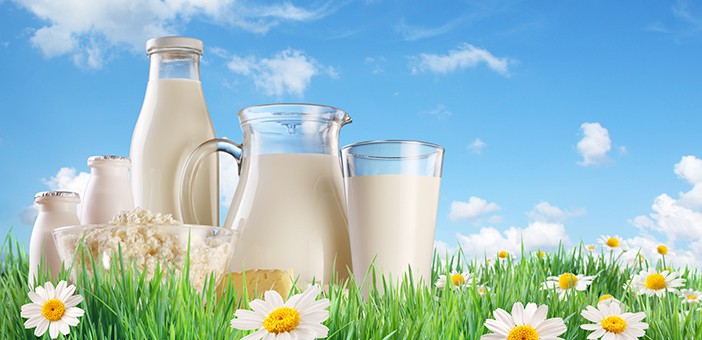
Notification on Antibiotic Residues in Milk
Are We Ready to Roll Out Contamination - Toxin and Drug Residue - Free Milk Production Regime?
The Government of India, through FSSAI, has recently published a press note notifying that the Food Safety and Standards (Contaminants, Toxins and Residues) Amendment Regulations 2018 will be enforced effective from 1st January 2019. The FSSAI has notified a revised list of veterinary drugs, which is now expanded to 103 including antibiotics. For a number of antibiotics, the MRL levels have been revised considering the current testing methodologies. Few drugs like nitrofurans, chloramphenicol, metronidazole and carbadox the MRL has been revised such that mere presence of these chemicals will not be acceptable and will attract punitive actions.
The notification (see the box) rightly emphasizes menace of growing antibiotic resistance (also called super bug phenomenon) to human as well as animal health. This is largely due to irrational use of drugs while treating animals and birds.
Due to absence of diagnostic facilities the veterinarians are forced to use combination of drugs.
Lack of traceability will make it difficult for milk processors to zero on contamination farmers and areas.
Interestingly the primary farmers have been excluded from any punitive action but the processors who ultimately supply to consumers would be accountable for detection of contaminants and drug residues.
There is no dispute that organized and regulated action is needed to control this problem, but excluding farmers from scheme of control is counter-productive because in many cases farmers buy medicines from local pharmacist and administer to animals themselves (especially oral medications). There is also issue of large number of para-veterinarians who do not follow mandate of ‘primary services’ but use medicines and drugs irrationally. All these drugs are available without prescription with local pharmacy or even grocery shops. There is no system of documentation of the use of antibiotics by farmers and there are no regulations bringing veterinarians to do this. The issue is therefore complex. The Government has again issued a notification making laws, rules and regulations fully knowing that these are not implementable unless serious efforts are made to create right professional, regulatory, ethical environment.
What would happen if processors start rejecting drug-laden milk from farmers? How would they react? What would happen if para-vets stop treating animals? Would not animal suffer? These are some of the questions that need answers.
These well meaning, but hard to implement, regulations have increased the Dairy Industry's fears of inspection, harassment and corruption.

